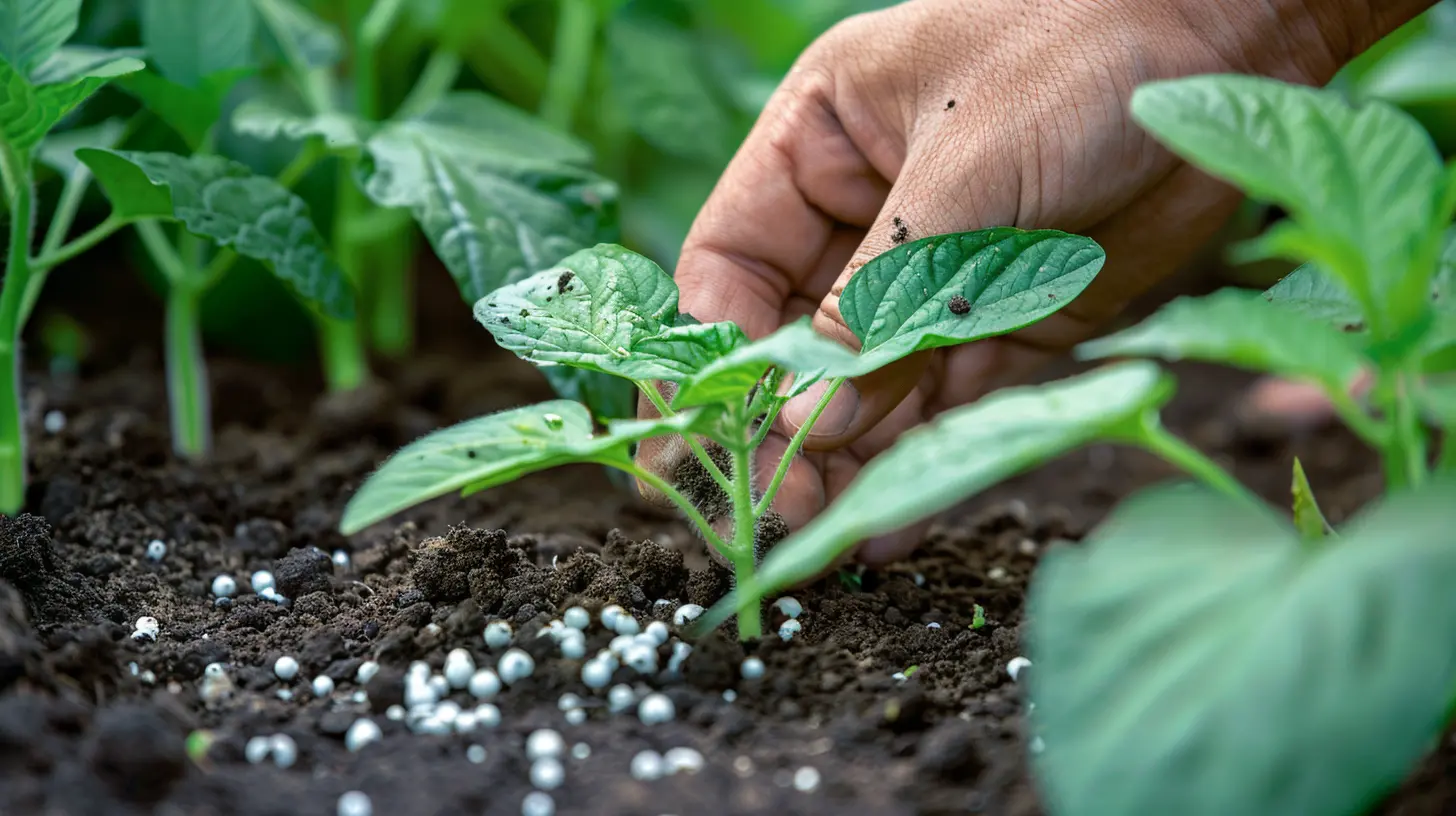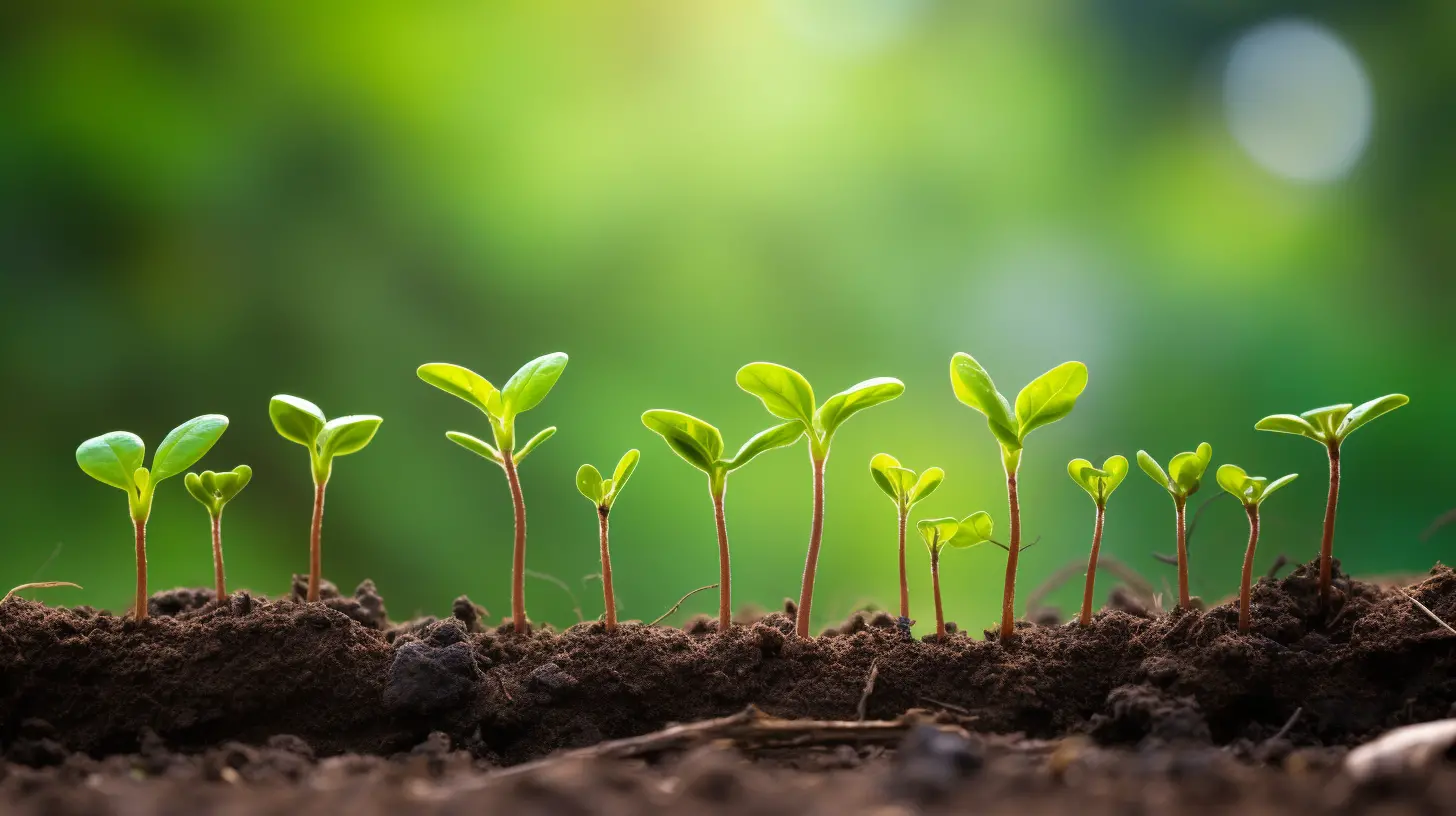The demand for high-quality fruits continues to rise globally, making it essential for farmers to maximize the yield of their fruit trees. In this article, we explore various methods and techniques to enhance fruit tree productivity while ensuring sustainable agricultural practices.
Fruit tree yield refers to the amount of fruit produced by trees over a certain period. Achieving higher yields not only meets market demands but also contributes to farm profitability. However, several factors influencing yields need to be carefully managed.
1. Soil Management: Healthy soil is fundamental to high yields. Implementing practices such as crop rotation, cover cropping, and organic amendments enhances soil health and nutrient availability.

2. Water Management: Efficient irrigation systems, such as drip irrigation, ensure optimal water supply tailored to the trees' needs, promoting better growth and fruit production.
3. Pest and Disease Control: Integrated Pest Management (IPM) strategies help control pests and diseases effectively while minimizing chemical usage, protecting the trees and their yields.

Sustainability is key in modern agriculture. Implementing sustainable practices not only improves fruit tree yields but also benefits the environment. Emphasizing organic farming methods and reducing chemical inputs fosters a healthier ecosystem.

Increasing fruit tree yields requires a combination of innovative techniques and sustainable practices. By focusing on soil health, water management, pest control, and sustainability, farmers can significantly enhance their productivity while contributing to a healthier planet. Embrace these strategies and unlock the full potential of your fruit trees.
